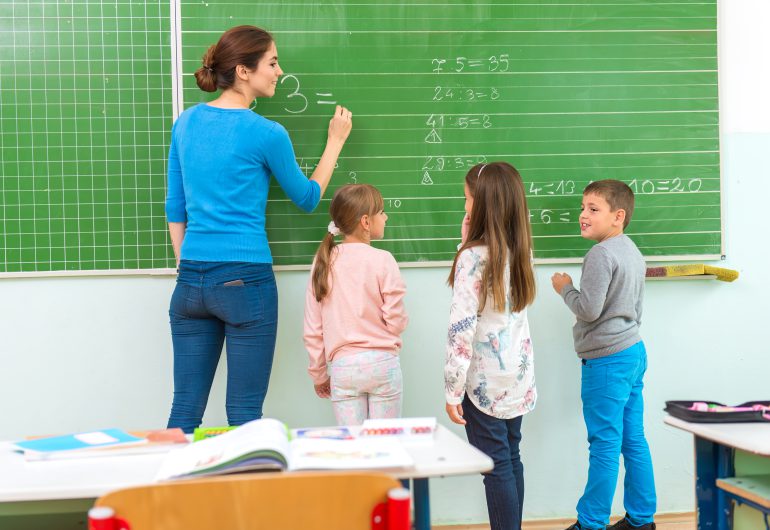A new report has raised serious concerns about the quality of education in the Netherlands. The State of Education report, produced annually by the Education Inspectorate, has revealed serious failing in the Dutch education system, including pupils struggling with basic language and arithmetic.
Education in the Netherlands has historically had global renown and respect. As recently as 2019, the OECD praised Dutch education as ‘equitable with a very low proportion of low performers. [This] emanates from a long history and a proud tradition of building civic society around democratic values that continue to define both an education system and a country’.
However, five years on from that study, the reality is now very different. The Inspectorate report describes a disturbing decline in the quality of practice in schools. Over 20% of schools are not operating to the basic quality standards required by the government.
A random sample of 225 schools were selected and tested on their quality and the methods of education. It was found that 18.5% of primary schools and 22.5% of secondary schools failed to meet these basic standards. There is also an alarming difference in teaching standards between schools, meaning that there is no consistency in the calibre of teaching children receive.
One reason for this is the fact that there is no unified national Dutch curriculum. The government provides a set of educational objectives, termed kerndoelen, which each school must teach its cohorts. However, the methods of education the schools use to instil these objectives is determined by each individual institution. So, while this report does highlight the excellent work being performed by many schools, ‘we do not see enough positive practices being adopted on a large national scale’.
There is a national shortage of teachers affecting many education authorities, but its impact is once again inconsistent between municipalities. The lack of teachers is ultimately leading to the cancellation of lessons, with the report stating that is affecting the most vulnerable pupils in particular. The Dutch teacher union AoB warned at the beginning of this school year that 1 in 9 Dutch school children would be going into the new year without a teacher. Primary schools in particular are finding it increasingly impossible to fill their vacancies, with over 10,000 jobs unfilled.
Robert Dijkgraaf, the minister for Education, Culture & Science, released a statement in response to the report: ‘The State of Education shows that the differences between students are increasing, both in the opportunities students are given and in their mastery of basic skills. This increases inequality of opportunity. I find that very worrying. All students in our country must be given the opportunities and guidance they need to become the best versions of themselves.’ He added: ‘We will offer much more helping hands in the school. With the Basic Skills Master Plan and regional cooperation to tackle the teacher shortage, the government has taken important steps forward and we will continue to do so.’
However, attempting to fix the clear problems with education is going to require strategic, long-term thinking. The turmoil that Dutch politics has found itself ensconced in since November’s election will not aid this process. While reports this week are suggesting that the formation of the Cabinet is inching closer, the likelihood of a stable government, should one be formed, is difficult to determine.
Geert Wilders has ruled himself out of becoming Prime Minister, despite his emphatic election victory. He will be the kingmaker of the coming cabinet, which will be the most right-wing Dutch government in decades. With the VVD and CDA both committed to cutting the education budget in their election manifestos, and Wilders’ desire to limit the state’s involvement in education policies, the failings highlighted by the Inspectorate will most likely continue.
Written by James Turrell
